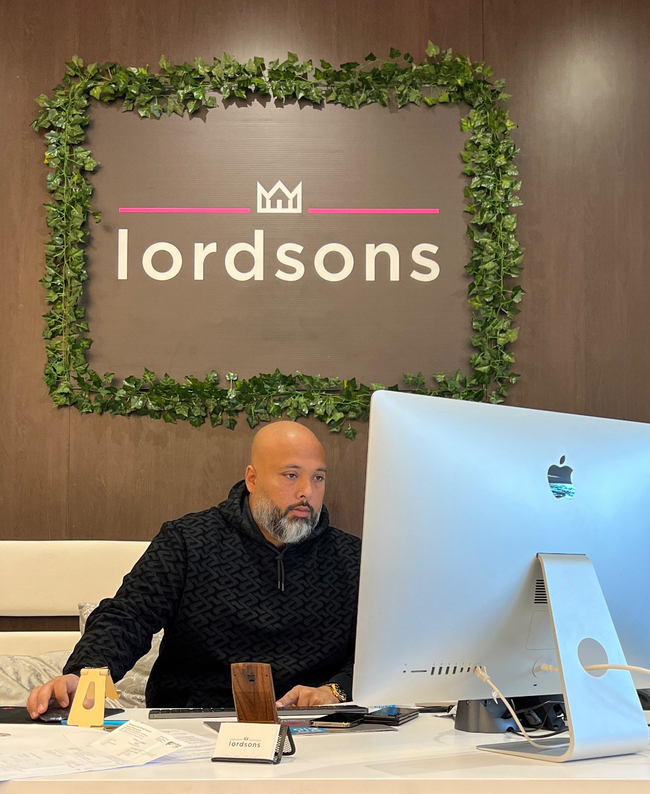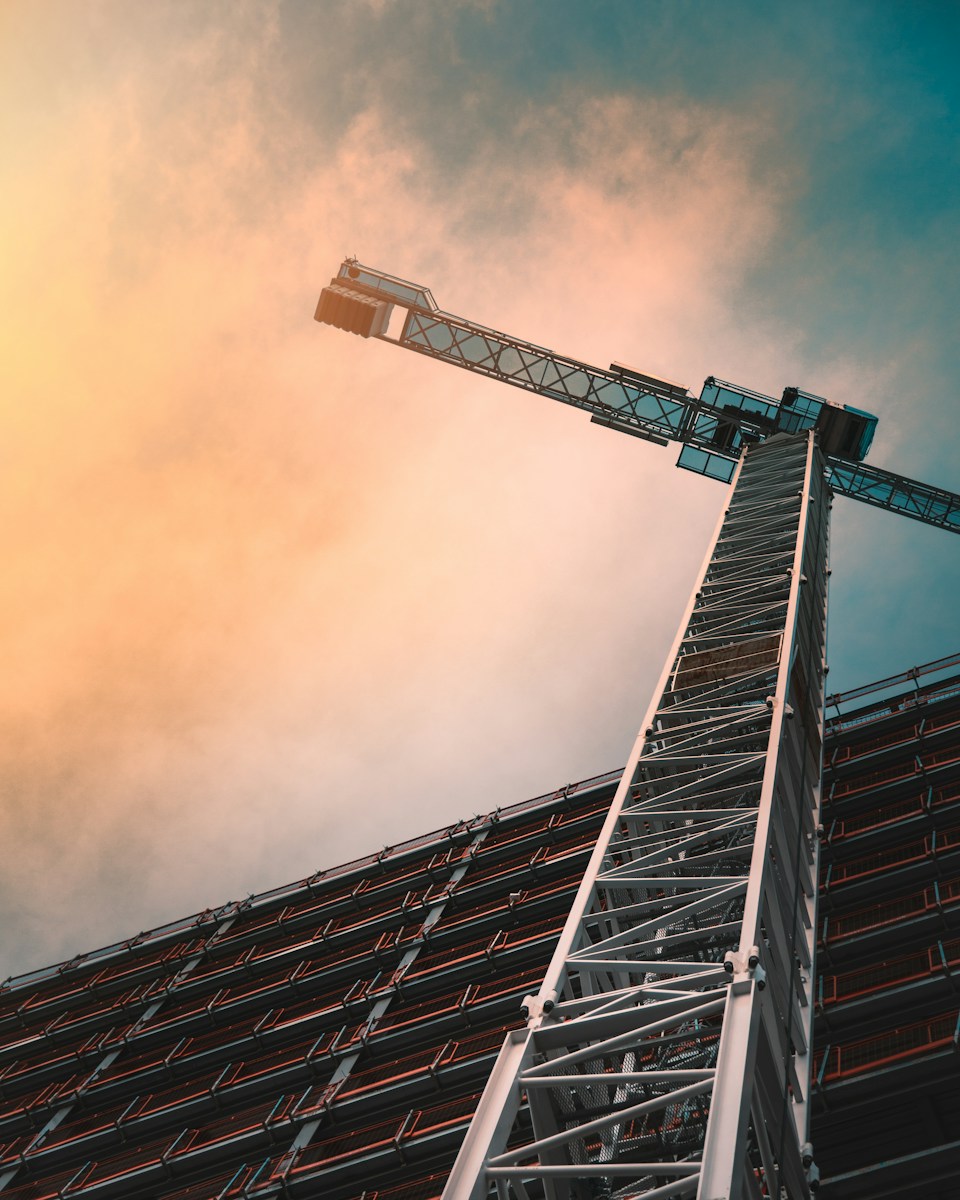In the rapidly evolving landscape of property management, block management companies in the UK are embracing technology and innovation to streamline operations, enhance services, and improve the overall experience for residents and property owners. The integration of cutting-edge technology is reshaping the way block management is conducted, leading to more efficient processes, increased transparency, and greater satisfaction among stakeholders.
The Changing Face of Block Management:
Traditionally, block management involved numerous manual tasks, paperwork, and complex administrative processes. However, the digital age has ushered in a new era of efficiency and convenience. Here are some of the ways technology is transforming block management companies:
Property Management Software:
One of the most significant innovations in modern block management is the adoption of property management software. These specialised platforms offer a centralised solution for managing properties, handling financial matters, and communicating with residents. Key features include:
- Automated Accounting: Property management software streamlines financial management, automating tasks such as rent collection, service charge calculations, and expenditure tracking.
- Online Portals: Residents can access online portals to view statements, make payments, report issues, and communicate with property managers. This enhances transparency and communication.
- Maintenance Tracking: Property managers can schedule and track maintenance tasks efficiently, ensuring timely repairs and inspections.
- Document Management: Digital storage of important documents and records simplifies record-keeping and facilitates quick retrieval when needed.
Building Management Systems (BMS)
Building Management Systems are intelligent networks of devices that monitor and control various building functions, such as heating, ventilation, lighting, and security. BMS technology enables:
- Energy Efficiency: BMS optimises energy usage, reducing utility costs and environmental impact.
- Remote Monitoring: Property managers can remotely monitor and control building systems, enhancing security and efficiency.
- Data Analytics: BMS provides valuable data insights, helping property managers make informed decisions about building operations.
Communication and Engagement Apps:
Mobile apps and digital communication platforms have become indispensable tools for block management companies. These apps enable:
- Real-time Communication: Property managers and residents can communicate instantly, addressing concerns and inquiries promptly.
- Community Engagement: Apps foster a sense of community among residents, providing a platform for events, announcements, and discussions.
- Service Requests: Residents can easily submit maintenance requests and track their progress through the app.
IoT and Smart Devices:
The Internet of Things (IoT) has revolutionised the concept of smart homes within residential blocks. IoT devices offer:
- Smart Access Control: Residents can securely grant access to visitors and service providers remotely.
- Energy Management: Smart thermostats and lighting systems allow for energy-efficient control within individual apartments.
- Security: IoT-enabled security cameras and sensors enhance the safety of communal areas.
Benefits of Technological Advancements in Block Management
Efficiency and Productivity:
Automation of routine tasks, such as rent collection and maintenance scheduling, frees up property managers’ time, allowing them to focus on strategic management and improving services.
Enhanced Communication:
Digital communication platforms facilitate seamless interaction between property managers, residents, and property owners. Timely responses to queries and issues foster positive relationships.
Transparency and Accountability:
Property management software and apps provide real-time access to financial statements, maintenance records, and service charge breakdowns, ensuring transparency in financial matters.
Cost Savings:
Building Management Systems and energy-efficient technologies lead to reduced utility costs and maintenance expenses, ultimately benefiting both property owners and residents.
Improved Resident Experience:
Technology-driven solutions, such as online portals and communication apps, enhance the overall experience for residents by simplifying processes and providing convenient access to information and services.
Sustainability:
The adoption of IoT devices and energy-efficient systems aligns with sustainability goals, reducing environmental impact and promoting eco-friendly practices within residential blocks.
Challenges and Considerations:
- Initial Investment – Adopting new technology may require an initial financial investment.
- Data Security – Ensuring the security of sensitive data, such as financial records and resident information, is paramount. Property management companies must invest in robust cybersecurity measures.
- Digital Inclusivity – While technology can improve efficiency, it’s essential to consider the digital inclusivity of all residents, including those who may not be tech-savvy. Providing alternative communication channels is crucial.
- Maintenance and Training – Regular maintenance and staff training are essential to ensure that technology systems operate smoothly and efficiently.
These advancements are transforming traditional property management practices, benefiting property owners, residents, and property managers alike. As the property management landscape continues to evolve, embracing technology is not just an option; it is a strategic necessity for staying competitive and providing exceptional services in the modern era.






